The Water Drop™: Season 2, Episode 8
Considerations When Installing a Controller

Have you ever received a report on your cooling tower and wondered what they were testing? When you look into changing vendors do you know what they should be looking at? Let’s look at the main things that should be tested every time a commercial water treatment specialist comes to your facility!
Your water treatment report should always show the conductivity. This is a general measure of how much particulate matter, metals, minerals, and organic compounds are present in your water. This value taken at your cooling tower and from your make up water source allows us to calculate the cycles of concentration, COC, for your cooling tower. Higher COCs mean that you are recycling more water leading to lower water bills. This number will vary tower to tower, city to city but the industry standard ideal COC is between 5-7. However, with our innovative water treatment programs we have some clients with COCs higher than 20!
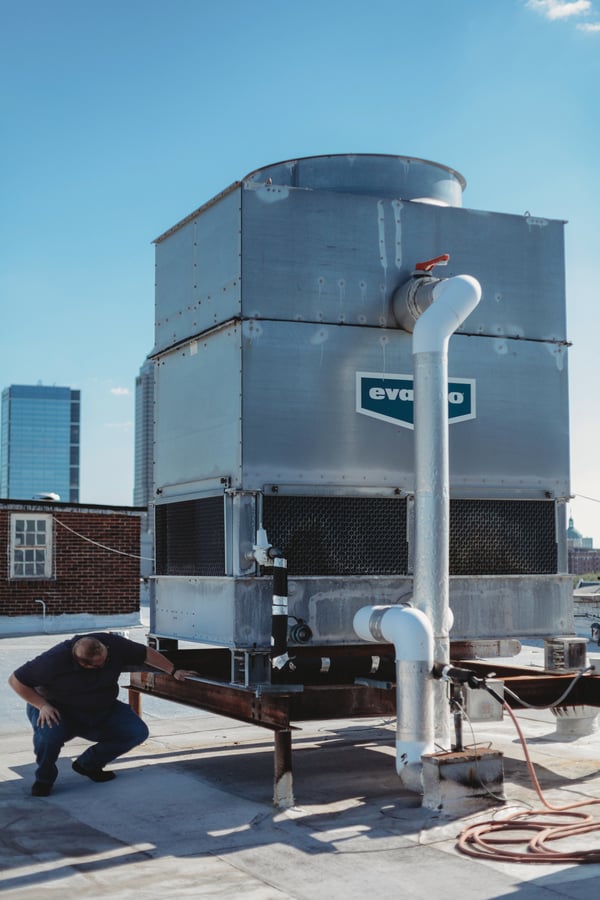
pH is a measure of the acidity of your water. pH is a range from 1-13 where 1 is the most acidic and 13 is the most basic. pH will vary from tower to tower but typically the ideal pH is near 9. This shows that the levels of corrosion inhibitor and microbial inhibitor are sufficient to do their job, but not so high that they start liberating metals from your tower and pipes. A good water treater will not only worry about the cooling tower, but also the plumbing running through your building.
We measure the copper and iron content of your cooling tower to check on the overall health of your non-potable water system. If the Iron or Copper is too high in the water then that information is used to change the amount of chemical or to change the approach to treatment so as to maintain your water system with at little system degradation as possible
Hardness in a cooling tower can be extremely detrimental to the system. As stated above, in ideal system the water is cycled 5-7 times. This means that whatever hardness put into the tower will be multiplied as the system cycles up. There are several ways to deal with water hardness. To almost eradicate the issue, water softeners remove the minerals from the water before it even enters the tower. If that isn’t an option you can also add an acid to the tower to counteract the hard water, but this means your tower will never be as efficient as it could be. Your commercial water treatment specialist should notify you if the hardness is higher that it should be and work with you to determine the best path for your unique system.
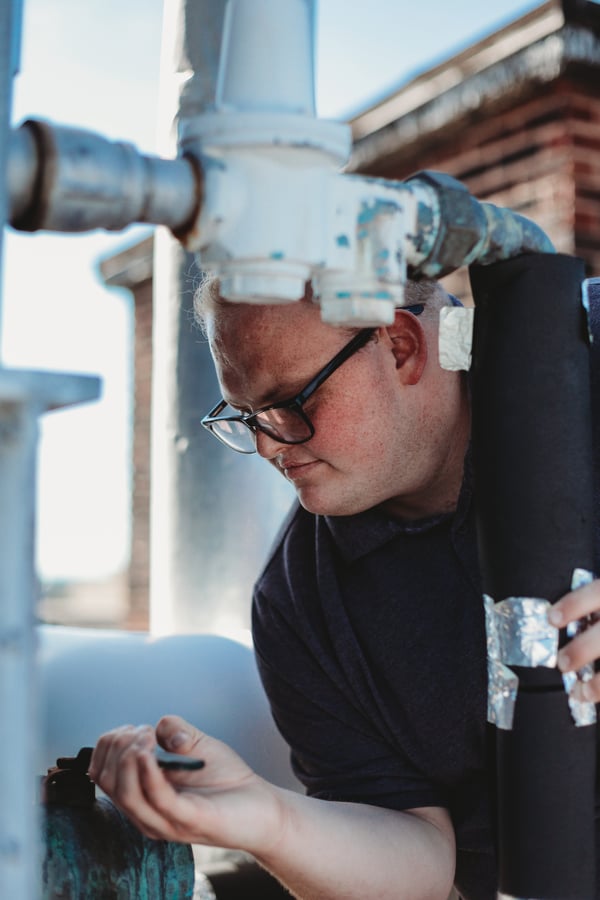
Your water treatment specialist should be testing for corrosion inhibitor on every visit. When first passivating this corrosion inhibitor will remove an extremely small layer of your entire system which is then replaced with a thin coating of the corrosion inhibitor molecules. This means that the water in your system does not touch the metal itself which protects the metal, prolonging its use. There should be more of this at the beginning of passivation ( at startup or after any complete draining) and once complete there should still be some being added to the system to compensate for any leaks or damage to the coating. Every system is unique and every water source is unique, make sure that you talk to your commercial water treatment specialist about their plan for combatting corrosion on your tower.
Your water system requires unique care and a treatment specialist that has the experience to combat whatever unique issues your water system may face. Here at IWC Innovations, we have decades of combined experience in the water treatment industry and our solutions span across the entire gamut of water treatment, from potable to non-potable, service to domestic we can provide whatever solutions you need for your water system.
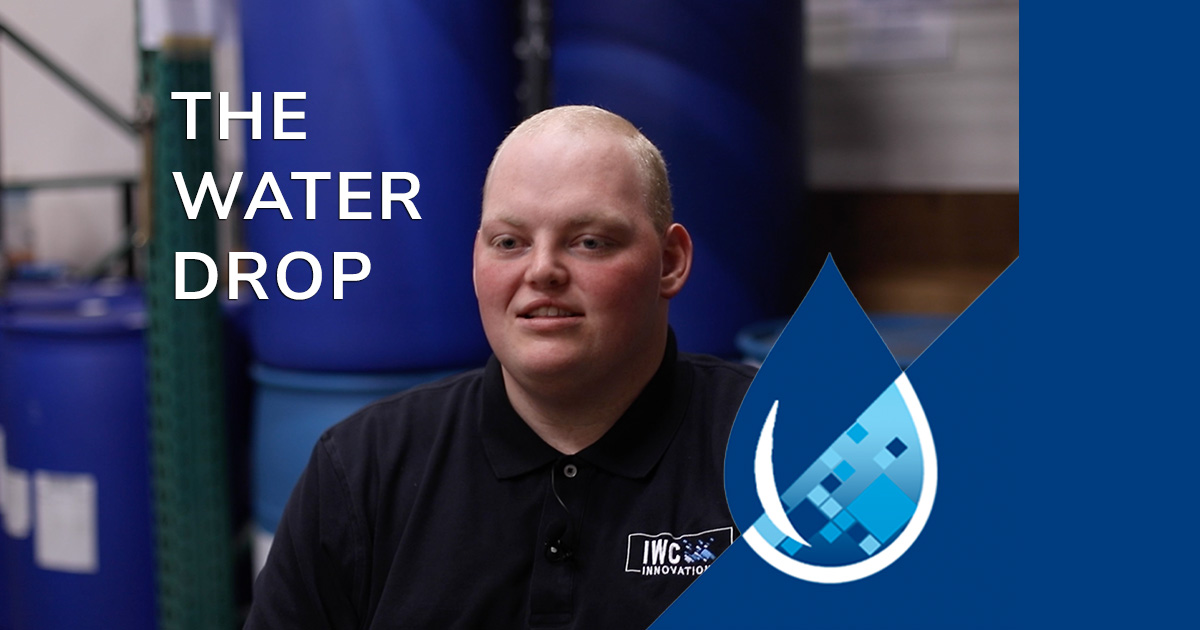
Considerations When Installing a Controller
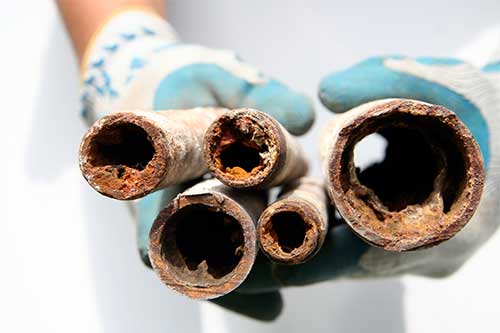
Customarily extensive planning goes into designing, installing and maintaining your facility’s water treatment systems. Budgets are formed to plan...
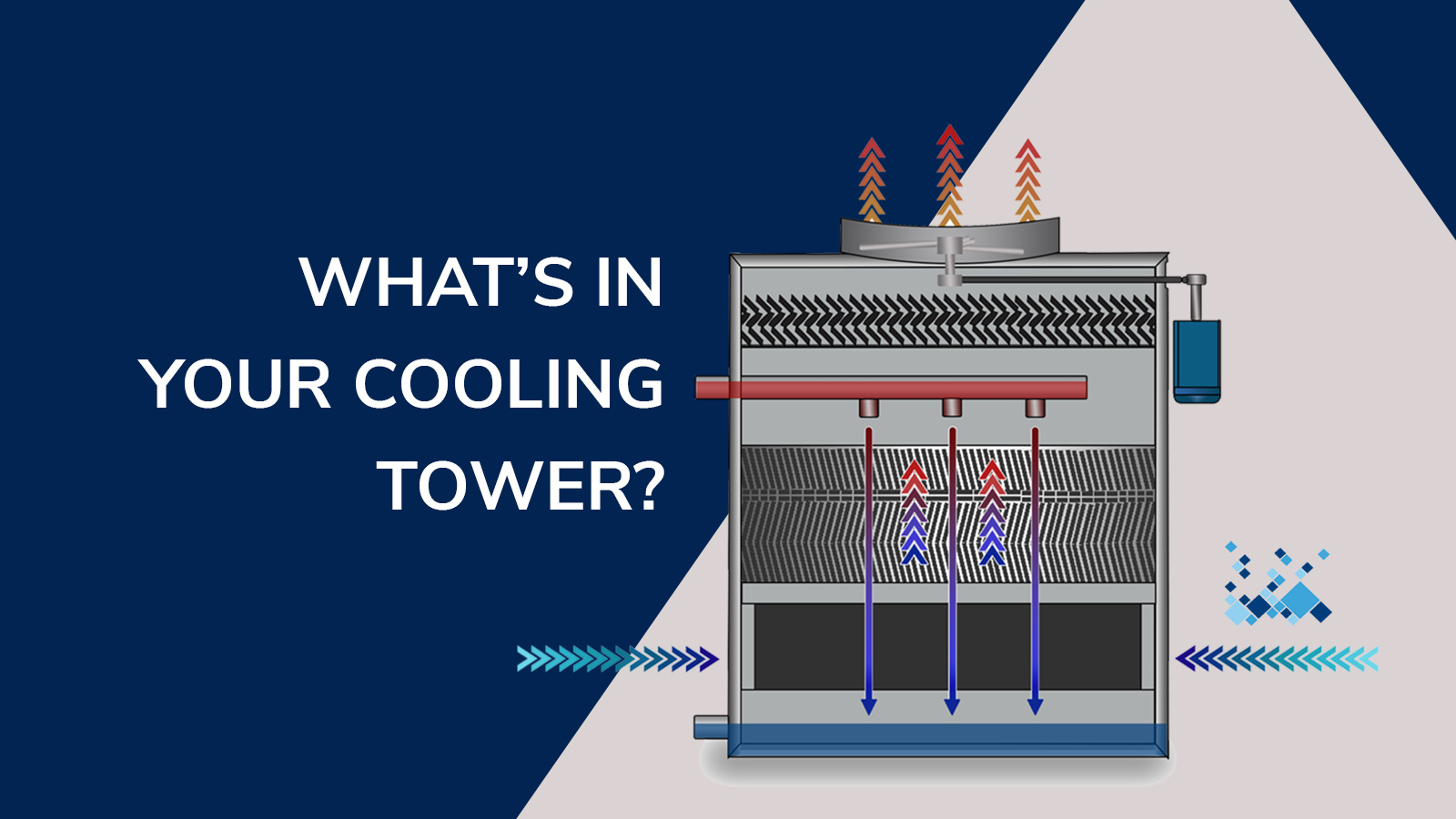
Even though cooling towers otherwise known as evaporative condensers or evaporative coolers are highly efficient at rejecting heat-producing cooling...